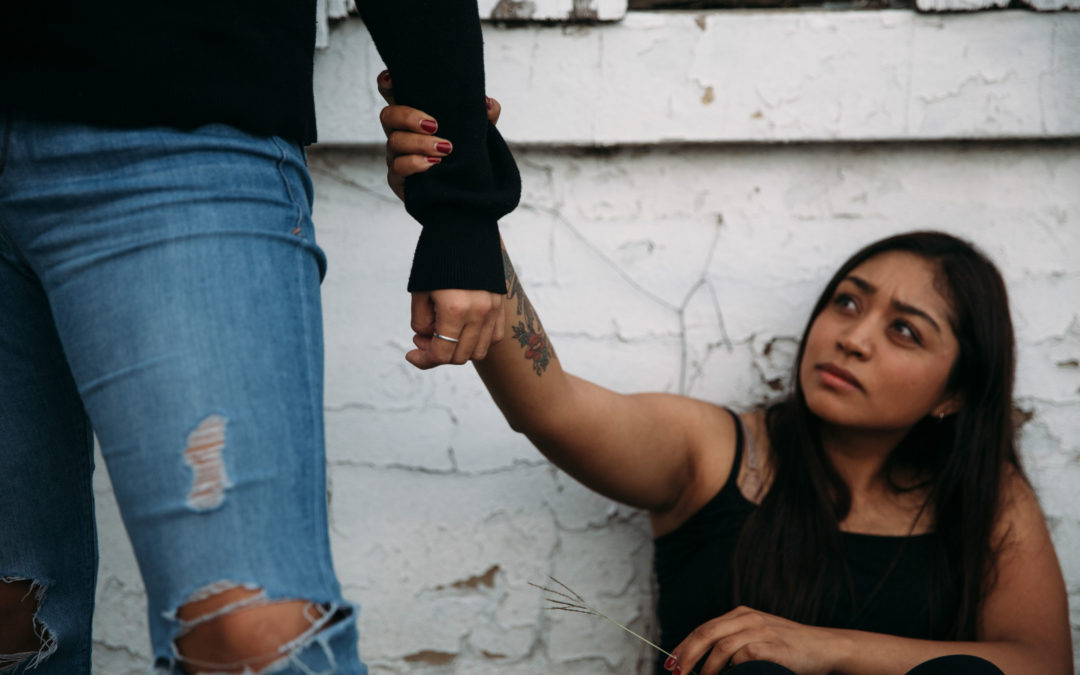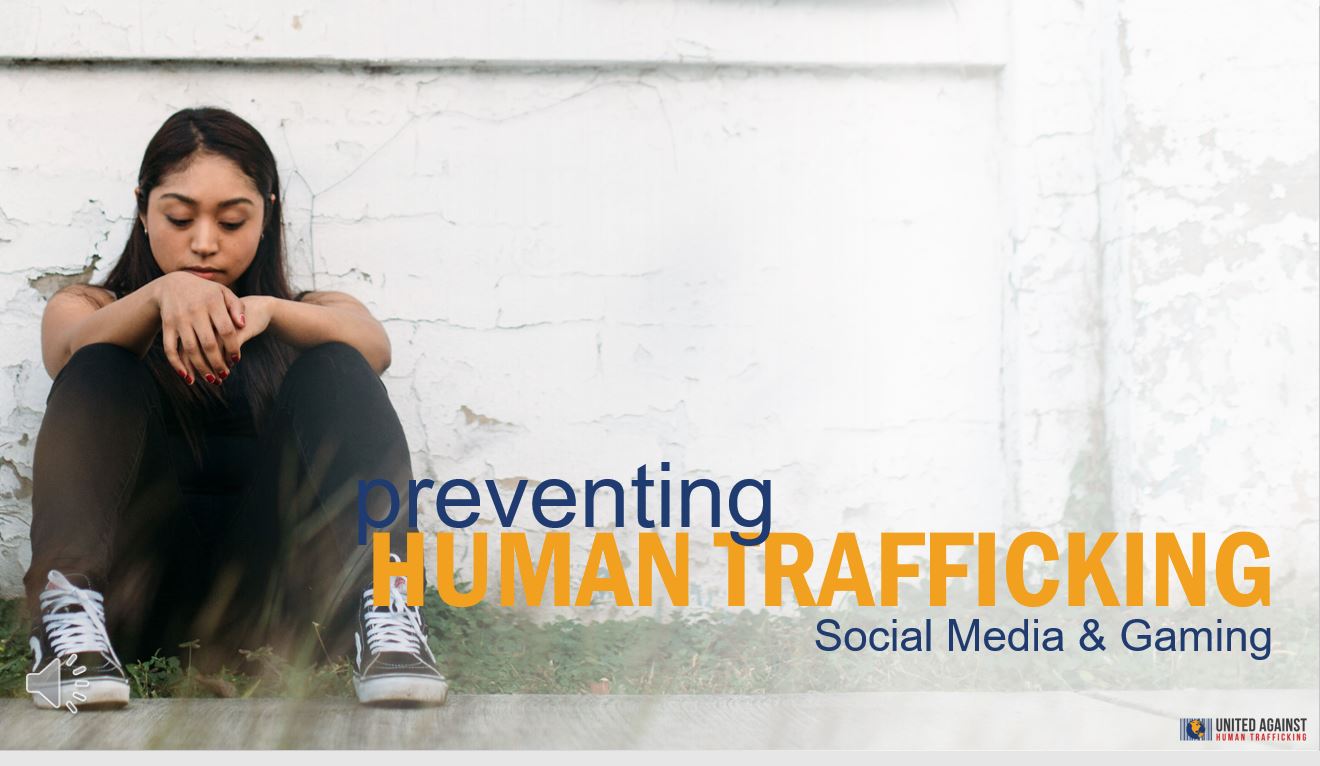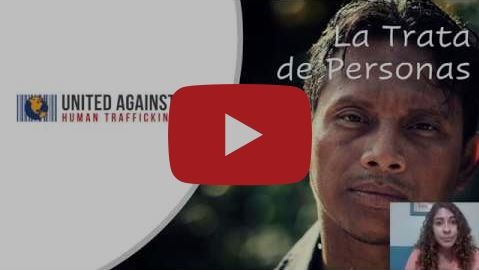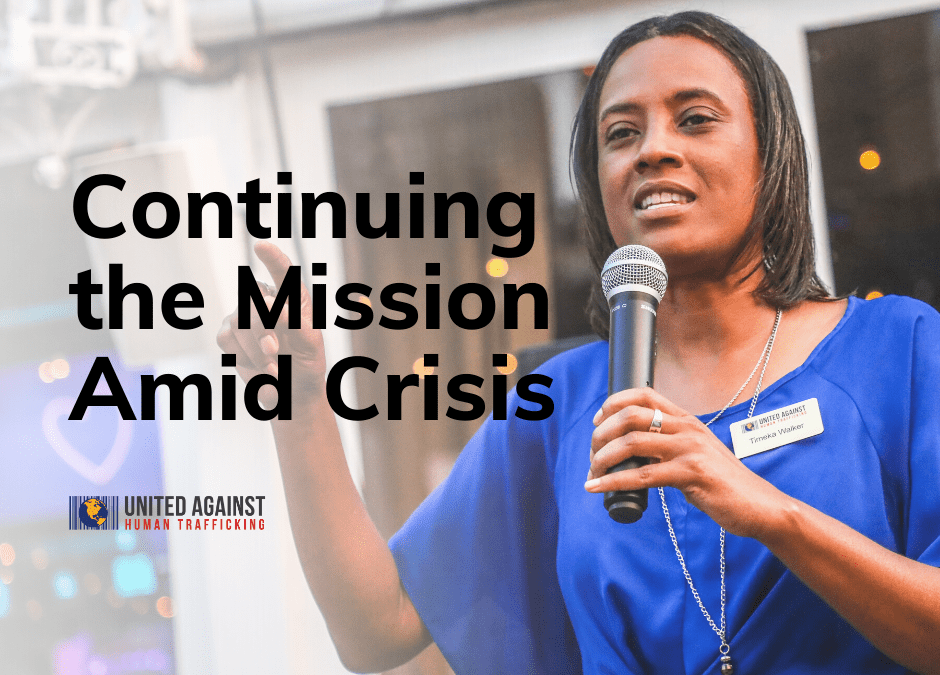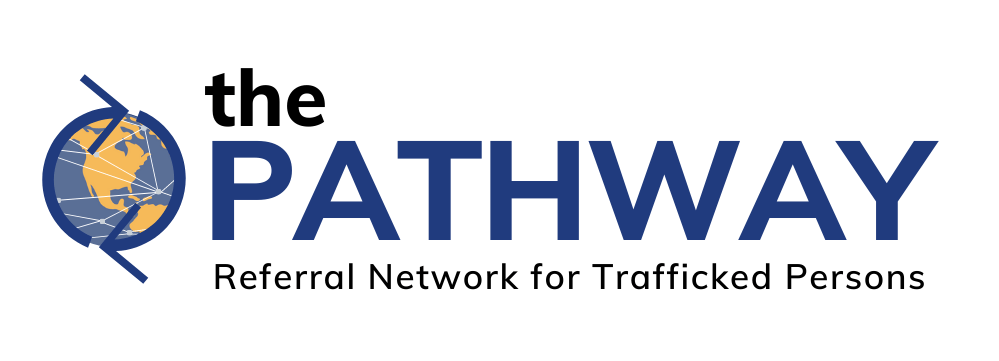
Why Do Survivors Need Case Managers?
Survivors can focus on healing, rather than maneuvering through logistics.
A survivor’s healing plan is extensive and can be confusing. Each person’s process differs. That’s why a trained, professional Case Manager is necessary to build a custom plan to meet their needs: from immediate necessities like food, clothing, and tonight’s shelter to sustained needs like healing from trauma and substance dependency, building life skills, and living independently.

Survivors have accountability to attend every counseling session, job training, and support group they need.
Trauma rewires the brain, limiting new information. When a survivor takes the first step in their healing plan, they are overwhelmed by appointments that they were initially excited about.
But it’s nearly impossible to remember their schedule because their brain is still stuck in survival mode. Our Case Manager will ensure that the survivor has the encouragement to make it to every appointment vital to their healing.
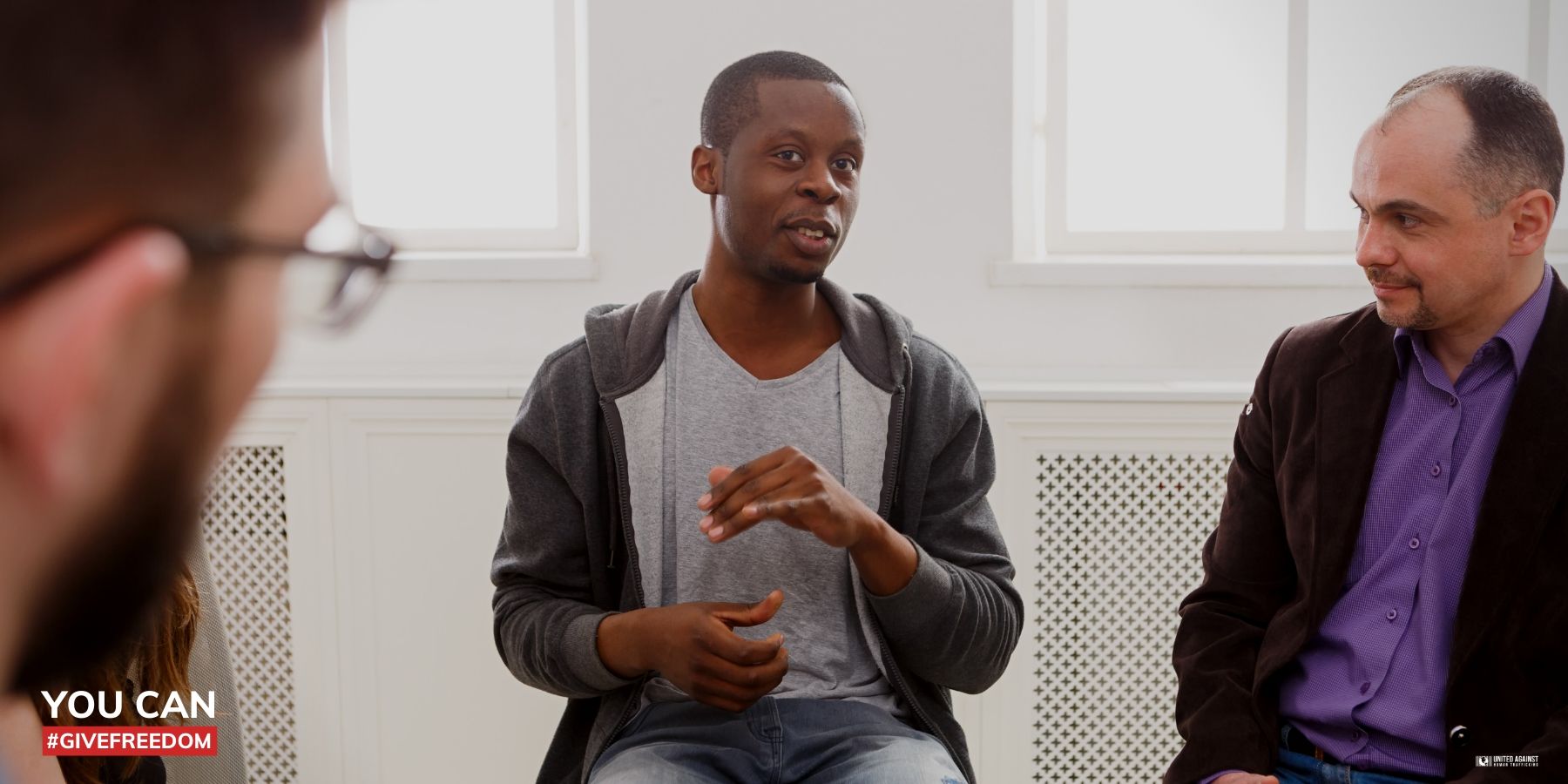
Survivors have a trustworthy professional to help them overcome the barriers of healing.
Survivors often trust the person who exploited them – a parent, a friend, a romantic partner, an employer. It takes work to learn how to trust again and time for us to earn it.
Our Case Manager will be a reliable guide, someone survivors don’t need to worry about judging or abandoning them.
With this strong foundation of trust, a survivor can turn to our Case Manager to remove language barriers, to provide a sense of safety, and to even navigate the frustration of small confusions like phone menus.
We care about each person’s entire story, and we want to walk with them the whole way – not just the first step.

Thanks to your support, we hired a trained Case Manager.
Thanks to your generous support, we hired Erin Martin, a trained Case Manager with over 12 years experience. She joined our team to work alongside survivors from the day we meet them until full recovery. We need to make sure survivors don’t fall through the cracks. A survivor who feels isolated today can have a reliable and caring guide because of you.
$50 can provide a month of transportation for survivors to attend therapy, medical appointments, and job interviews.
$100 can supply clothes for job interviews for survivors to become fully independent.
$600 can ensure a month of case management for a survivor to navigate the challenges of healing.
$1,000 can provide the Family Huddle Series for a survivor and their family to learn vital coping skills.

